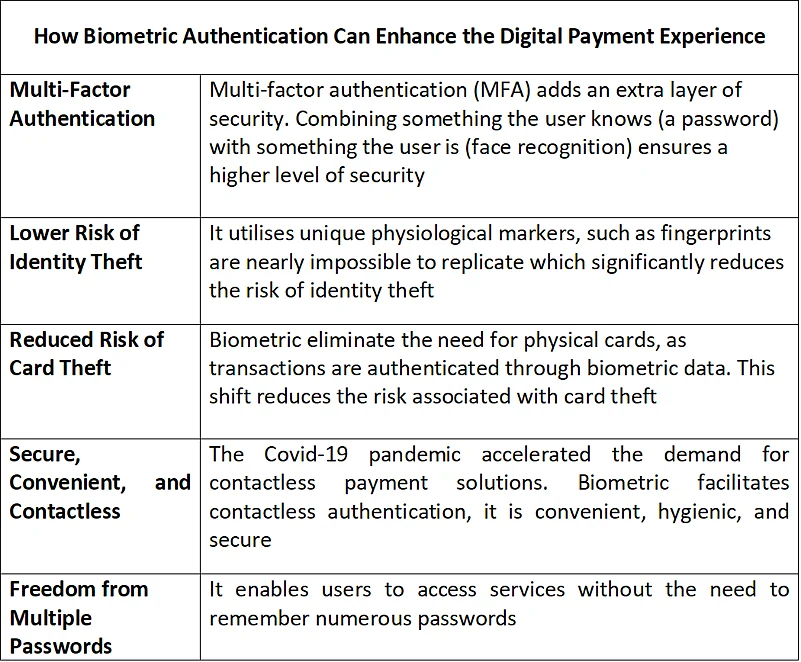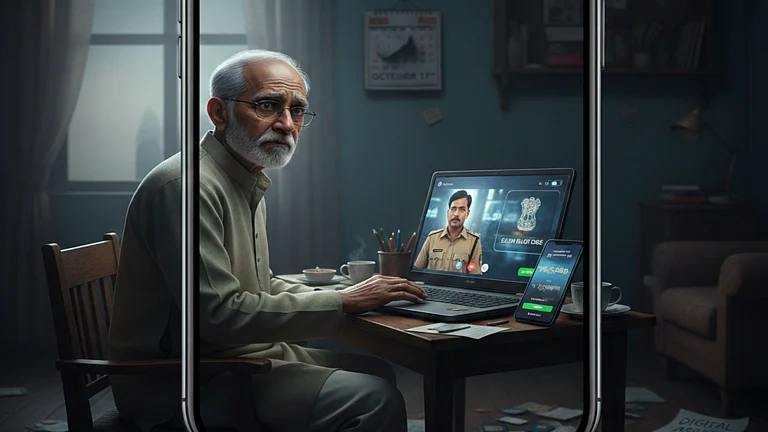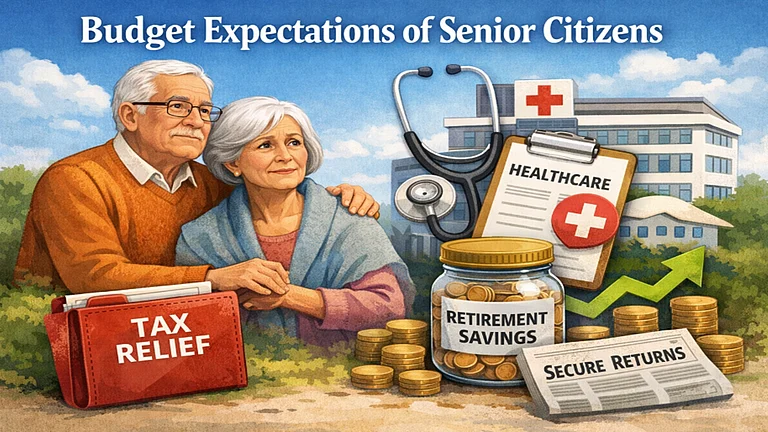The Reserve Bank of India (RBI) inaugurated the 5th Digital Payments Awareness Week 2025 (DPAW) on Monday, March 10. It will run until March 16. The initiative includes various awareness activities, ground-level education programmes, multimedia campaigns, and social-media outreach.
India Pays Digitally:
Digital awareness has become essential nowadays, as digital footprints are fast expanding across all sectors, including banking and finance. This year’s theme is "India Pays Digitally." However, some segments of the population, particularly senior citizens, may feel uncomfortable making digital payments.
Besides, the rising number of banking frauds is also a factor that can discourage the elderly from using digital payment methods.
Frauds In Banking:
In the February budget session, the Union Finance Minister also said in a reply to a question that the ‘amount involved in frauds based on the date of occurrence has declined from Rs. 33,757 crore in FY 2019-20 to Rs. 4,224 crore in FY 2023-24’.
Although the total amount involved in frauds has been declining until FY2023-24, the number of fraud cases shows a rising trend.
The number of banking fraud incidents has nearly tripled in FY2023-24 compared to the previous year. In FY2023-24, around 36,066 fraud cases were reported up from 13,537 in FY2022-23, per RBI data.
According to the survey ‘2024 Scams Impact Survey: India’ conducted by FICO, a data analytics software company, 57 per cent of Indian consumers feel that better fraud detection is a key measure; banks can use to protect consumers. At the same time, 50 per cent of consumers surveyed feel that more scam warnings could be useful as a proactive measure.
According to Sanjay Kaushik, a cybersecurity expert and Managing Director of Netrika Consulting India Pvt. Ltd, "Biometric authentication is useful for senior citizens as it doesn’t require them to remember complex passwords or PINs. It is beneficial for seniors, particularly, those who may struggle with memory issues or have difficulty typing passwords on small devices. Additionally, biometrics reduces the risk of password-related fraud, such as phishing or credential theft”.
Why Is Biometric Authentication A Secure Mode For Digital Transactions?
Biometrics are the unique identifications of individuals through their physical characteristics. It could be fingerprints, facial recognition, iris scans, or voice recognition.
As these characteristics are unique, biometric authentication is more secure. As physical features cannot be stolen, one doesn't need to remember them, unlike passwords or PINs. For seniors, it is extremely difficult to remember all the different passwords and PINs and keep changing them every few days.
Biometrics authentication is faster, convenient, non-transferable, and has a lower risk of identity theft. Also, there is no need to update the biometric after every few days, as the biometric traits remain unique throughout life.
Although biometric authentication is user-friendly; it has some potential risks, such as if there is an error in the biometric software or app, or if the biometric data is compromised. These instances are relatively rare. One other issue with biometric authentication is when a person's biological traits change. It can happen due to ageing, accidents, surgery, or other factors. In these unusual cases, biometric authentication may not be useful.
“In some cases, family members or caregivers may misuse biometric authentication to access a senior’s account without their consent. Most importantly, senior citizens shall be made aware and asked not to be fearful of any calls and never ever download any app, click any link or share OTP”, adds Kaushik.
What Should Seniors Keep In Mind To Safeguard Themselves?
Biometrics is a useful tool for seniors. Digital verification and submission of life certificates one of the examples of how biometric authentication can make the process significantly easy.
Kaushik advises seniors to never click on suspicious links or respond to unsolicited messages asking for payment details, and to use a secure device instead of public Wi-Fi. In addition to this, seniors can set a daily transaction limit, activate SMS or email alerts for real-time updates, and keep the operating system and mobile apps updated to safeguard themselves against security breaches or bugs. Lastly, seniors can use multi-factor authentication rather than relying only on one factor, biometrics or passwords.
As the awareness campaign continues, Mastercard, a global payment network processor, highlights how biometric authentication offers secure and seamless transactions and improves the digital payment experience.


















